Kautilya's Arthashastra
The Arthashastra is an ancient Indian treatise on statecraft, economic policy and military strategy, written into 15 books, 150 chapters and 180 topics. This treatise discusses the ethics of economics and the duties and obligations of a king. The scope of this book is, however, far wider than statecraft, and it offers an outline of the entire legal and bureaucratic framework for administering a kingdom, with a wealth of descriptive cultural detail on topics such as mineralogy, mining and metals, agriculture, animal husbandry, medicine and the use of wildlife. It also focuses on issues of welfare (for instance, redistribution of wealth during a famine) and the collective ethics that hold a society together. Roger Boesche describes the Arthasastra as "a book of political realism, a book analysing how the political world does work and not very often stating how it ought to work, a book that frequently discloses to a king what calculating and sometimes brutal measures he must carry out to preserve the state and the common good." This treatise is relevant for rulers who wish to run an effective government. Even today, the Arthashastra is the number one classic of diplomacy in India and, within this category, it is one of the most complete works of antiquity. This text was disappeared in 12th century and it was rediscovered in 1909 by Rudrapatna Shamasastry, who translated into English and published in 1915.
Get it now and save 10%
BECOME A MEMBER

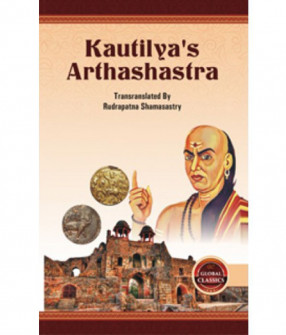
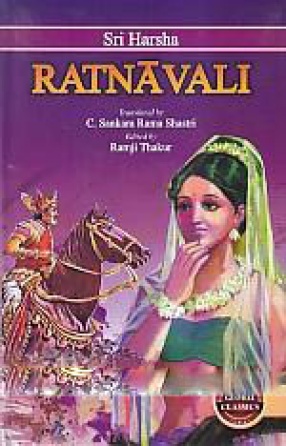
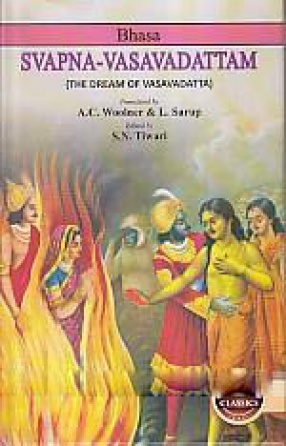
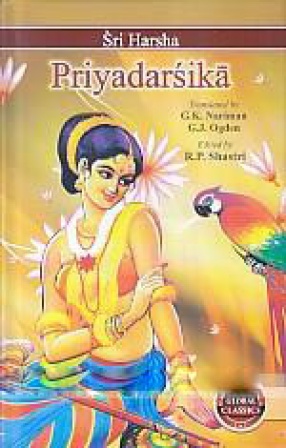
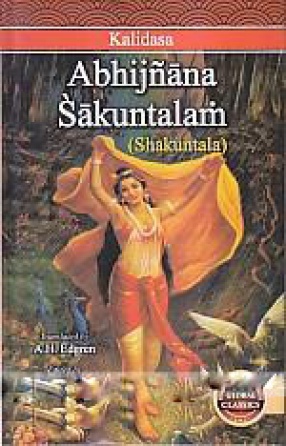
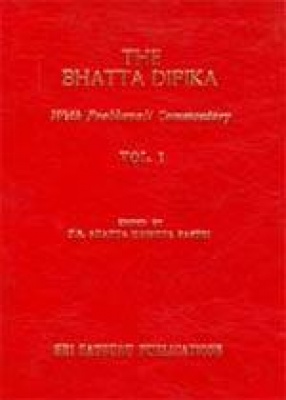

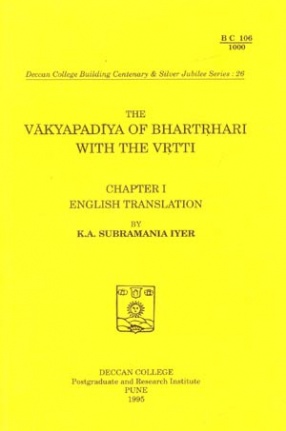
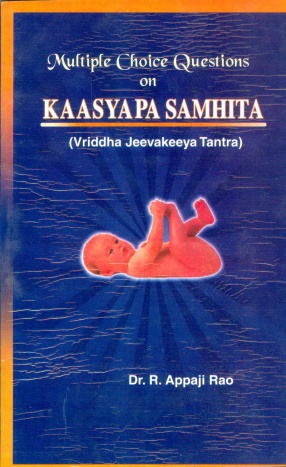

Bibliographic information